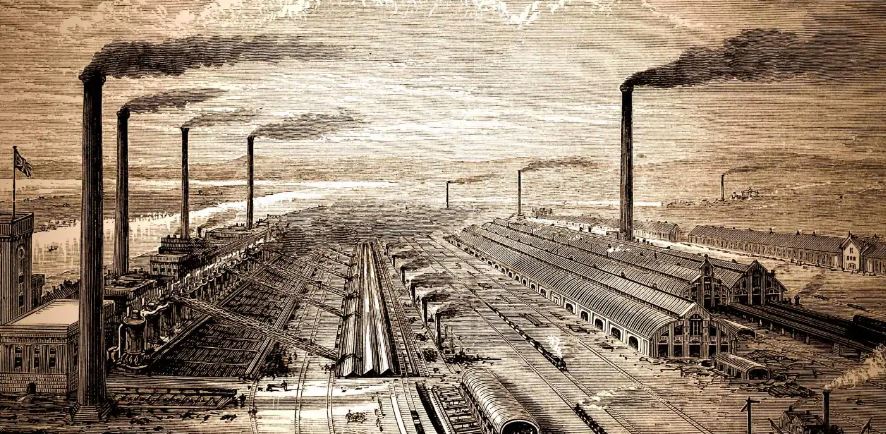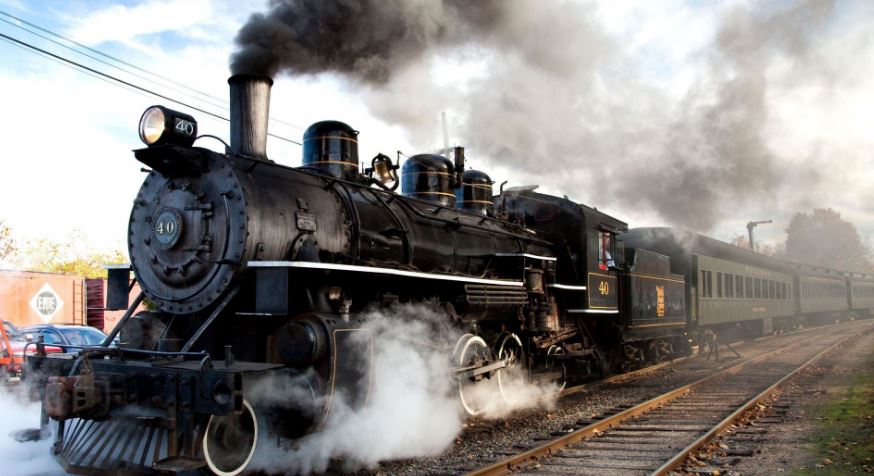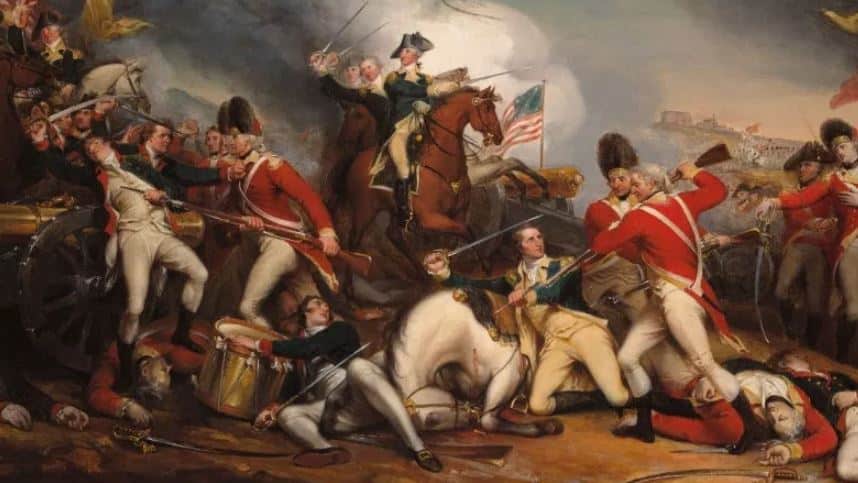Why did the Industrial Revolution start in England or Britain? | UPSC – IAS
The presence of a large domestic market should considered an important driver of the Industrial Revolution, particularly explaining why it occurred in Britain. In other nations, such as France, markets were split up by local regions, which often imposed tolls and tariffs on goods traded among them. Internal tariffs were abolished by Henry VIII of England, they survived in Russia until 1753, 1789 in France and 1839 in Spain.
Great Britain provided the legal and cultural foundations that enabled entrepreneurs to pioneer the Industrial Revolution. Key factors fostering this environment were:
- The period of peace and stability which followed the unification of England and Scotland
- There were no internal trade barriers, including between England and Scotland, or feudal tolls and tariffs, making Britain the “largest coherent market in Europe”
- The rule of law (enforcing property rights and respecting the sanctity of contracts)
- A straightforward legal system that allowed the formation of joint-stock companies (corporations)
- Free market (capitalism)
Historians have long debated the origins of the Industrial Revolution. The term itself was used at least as early as 1845, in the opening of Friedrich Engels’ The Condition of the Working Class in England: “The history of the English working classes begins in the second half of the eighteenth century with the invention of the steam engine and of machines for spinning and weaving cotton.
- It is well known that these inventions gave the impetus to the genesis of an industrial revolution.
- This revolution had a social as well as an economic aspect since it changed the entire structure of middle-class society”.
Arnold Toynbee (the uncle of a twentieth-century historian with the same name) was apparently the first professional historian to use the term. In a set of lectures delivered in 1880–81, Toynbee identified 1760 as the beginning of the process. He chose this date in recognition of the inventions.
- In 1934, John Nef, economic historian at the University of Chicago, argued that because the iron industry was in place by the mid-sixteenth century, that date was a more appropriate choice.
More recent historians, such as Fernand Braudel, have also seen the roots of industrialization stretching back for centuries. They have stressed the underlying economic, political, social, intellectual, and scientific transformations.
All these processes coalesced in the British economy in the late eighteenth century to create the Industrial Revolution:
- Increasing productivity in agriculture;
- New merchant classes in power, and the evolution of a capitalist philosophy of economics that justified their power;
- A powerful state that supported economic development, despite the capitalist doctrine of laissez-faire, which called for the state to stay out of business;
- The rise of science, with its new, empirical view of the world, and of technology, with its determination to find practical solutions to practical problems;
- A social structure that allowed and even encouraged people of different classes to work together, especially artisans, who worked with their hands, and financiers, who provided capital;
- More intense patterns of global trading for buying raw materials and for selling manufactured products;
- An expanding population that increased both the labor supply and the demand for production;
- Slave labor in plantation economies, which brought more than a century of exceptional capital accumulation;
- The discovery of enormous deposits of gold and silver in the New World, which also increased capital accumulation; and
- Proto-industrialization – that is, early forms of industrial organization that introduced new skills to both management and labor, paving the way for large-scale factory production.
This question of the origins of the Industrial Revolution is not purely academic. The debate carries serious implications for planning industrial development in today’s world.
As many newly independent nations with little industry seek to industrialize, they ask: Does industrialization mean simply the acquisition of machinery and the adaptation of advanced technology? Or must a nation also experience a much wider range of agricultural, economic, philosophical, scientific, political, and social changes? How, and under what terms, can it raise the capital necessary to begin? What are the tasks confronting a government wishing to promote industrialization?
Those countries that have achieved high levels of industrialization – mostly the countries of Europe and their daughter civilizations overseas; Japan; and now some of the countries of East Asia have experienced a wide range of fundamental changes, akin to many of those experienced by Britain.






